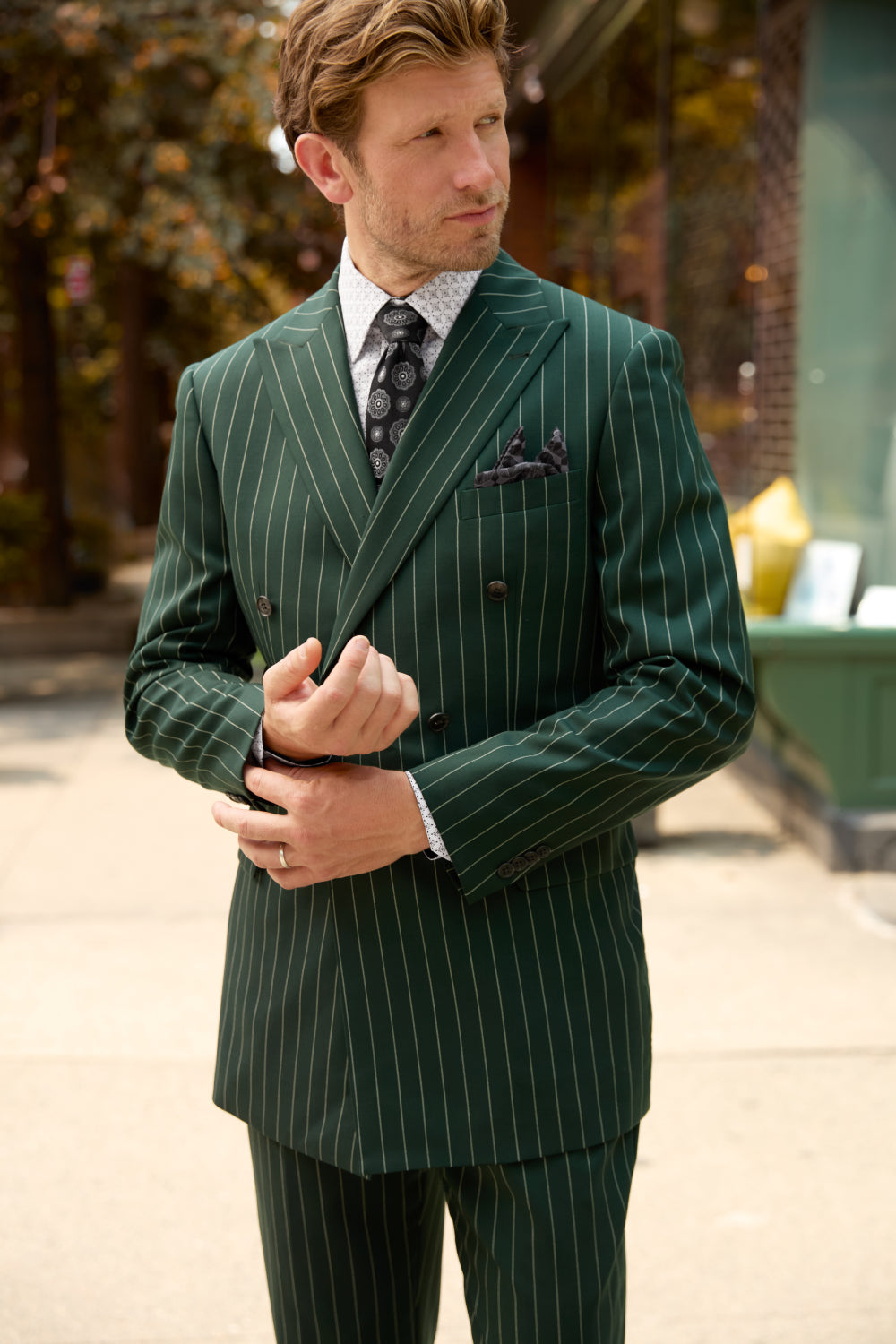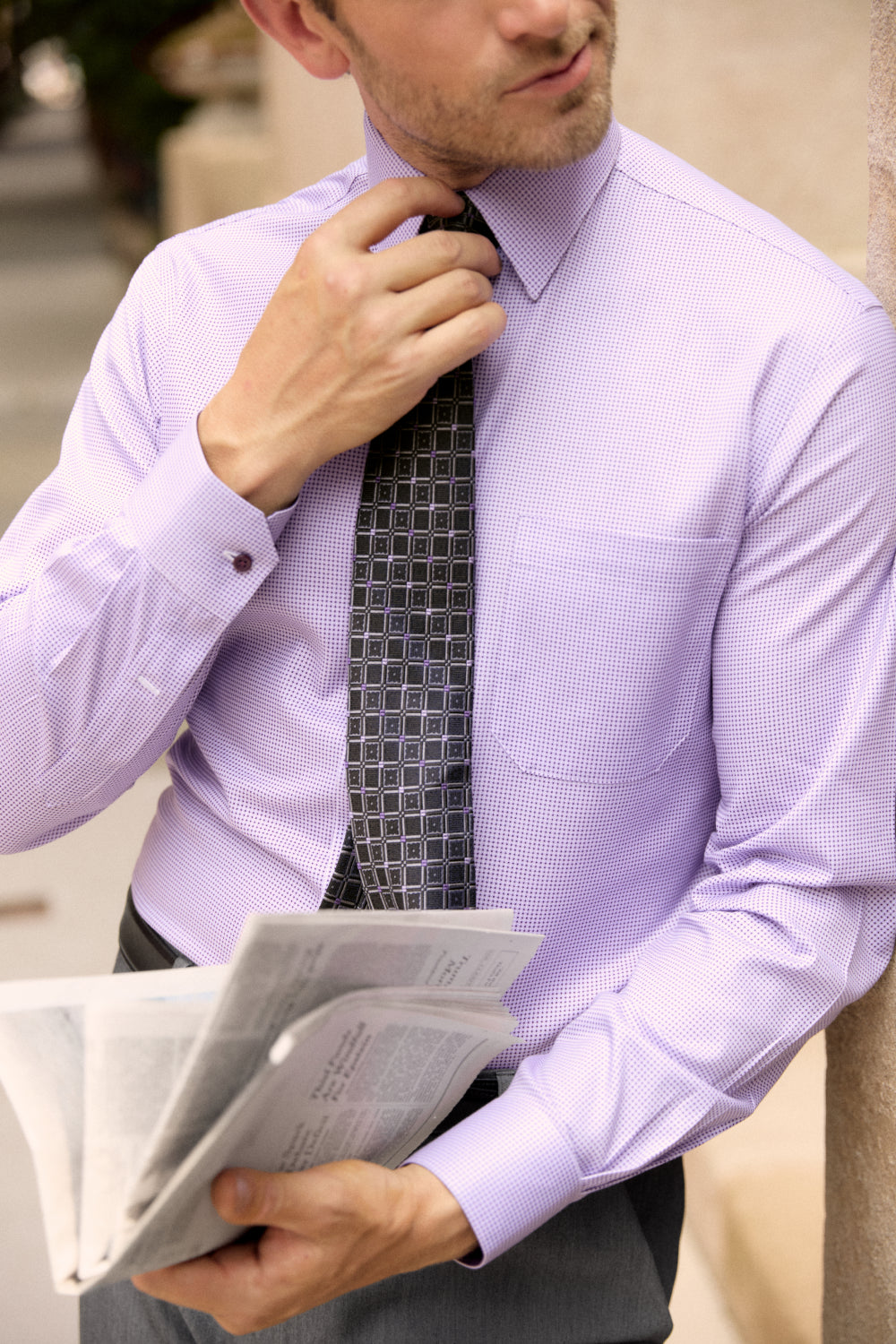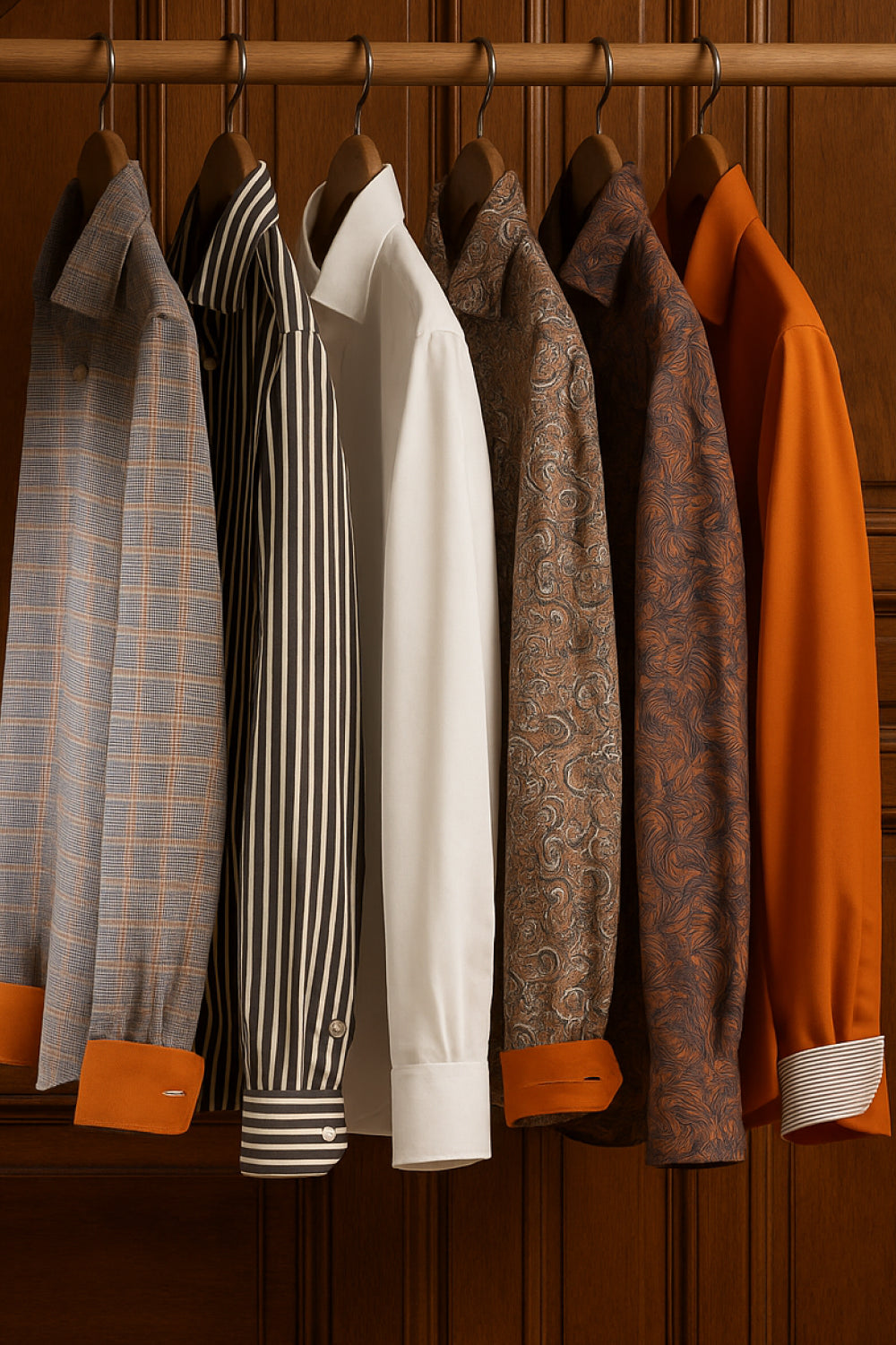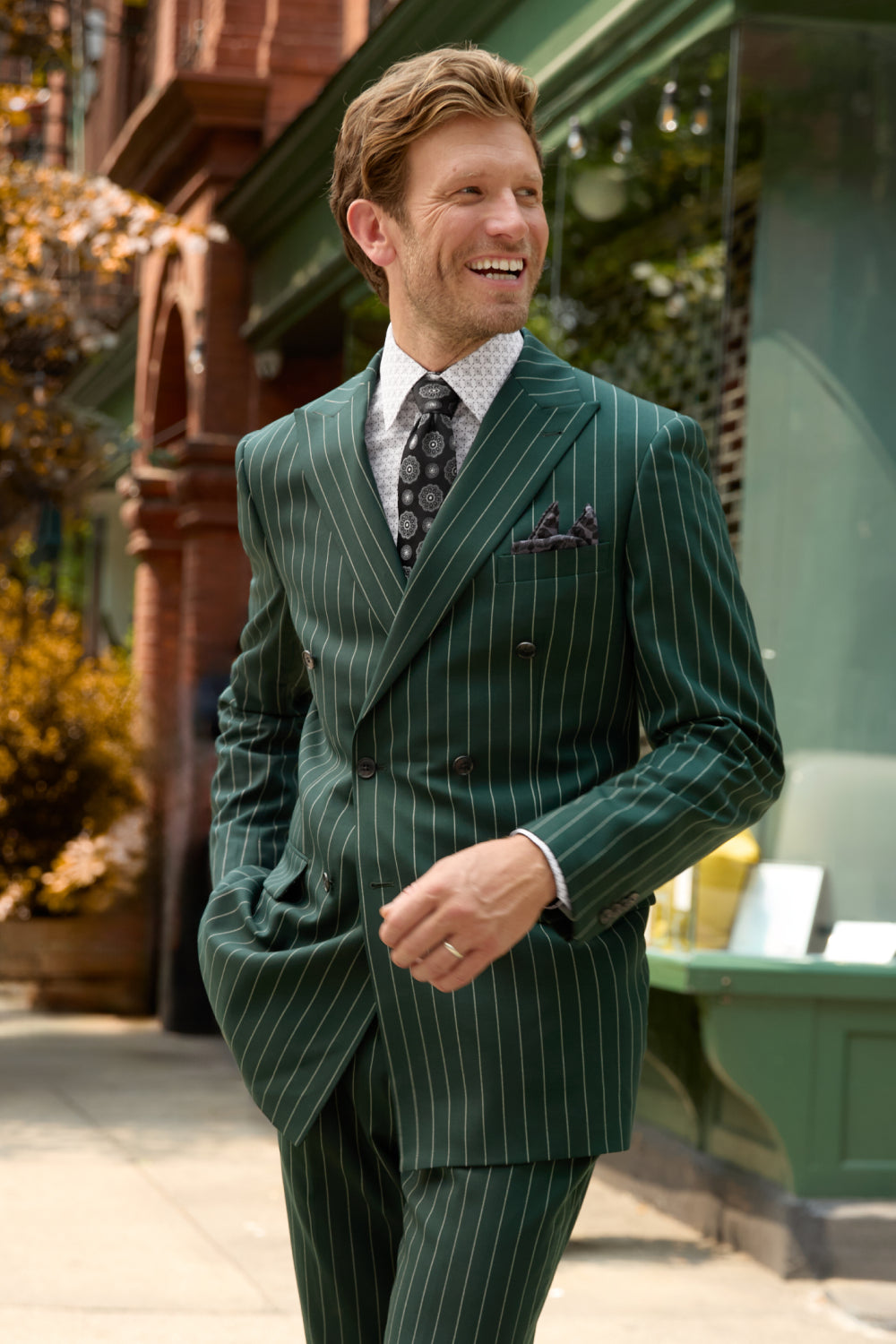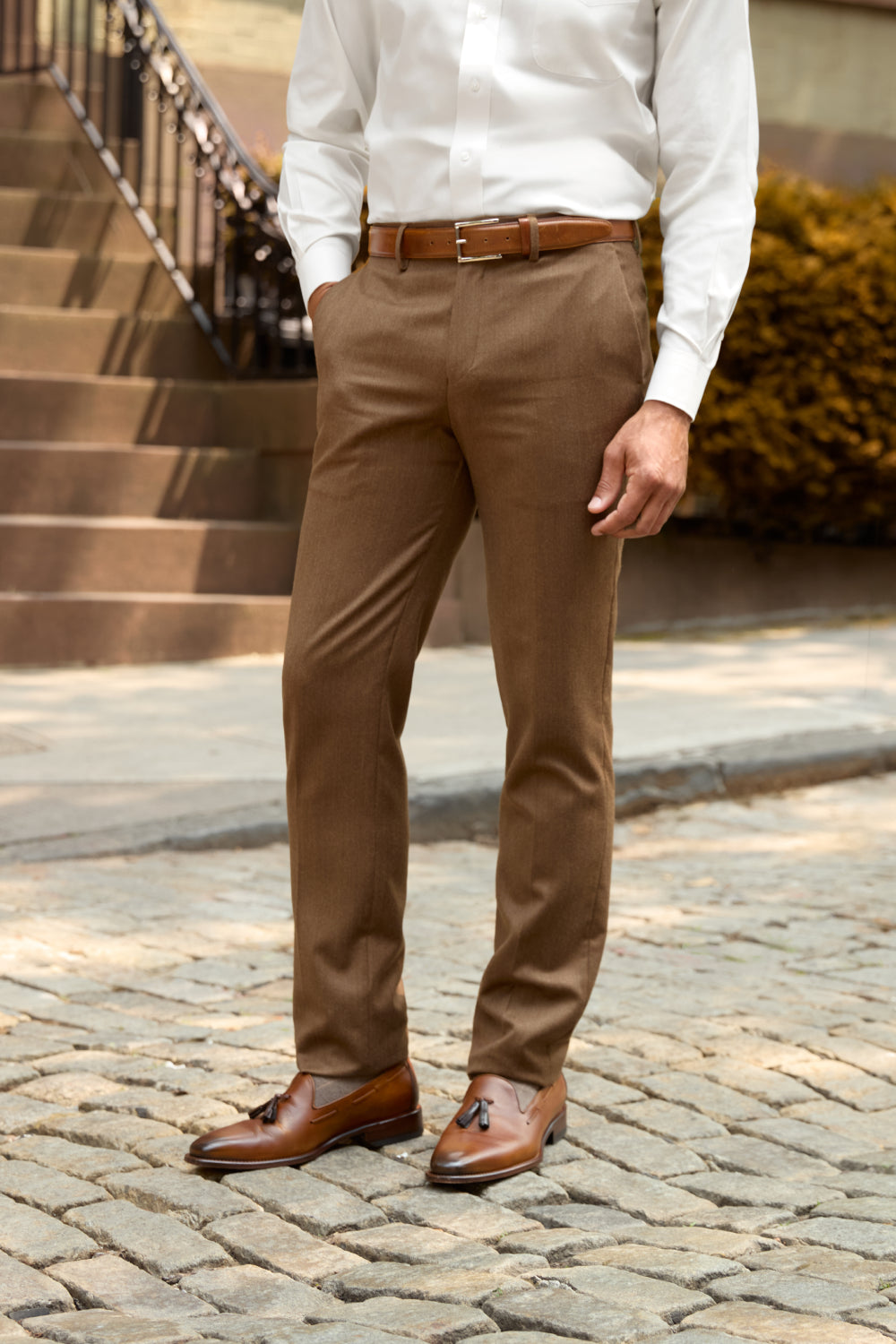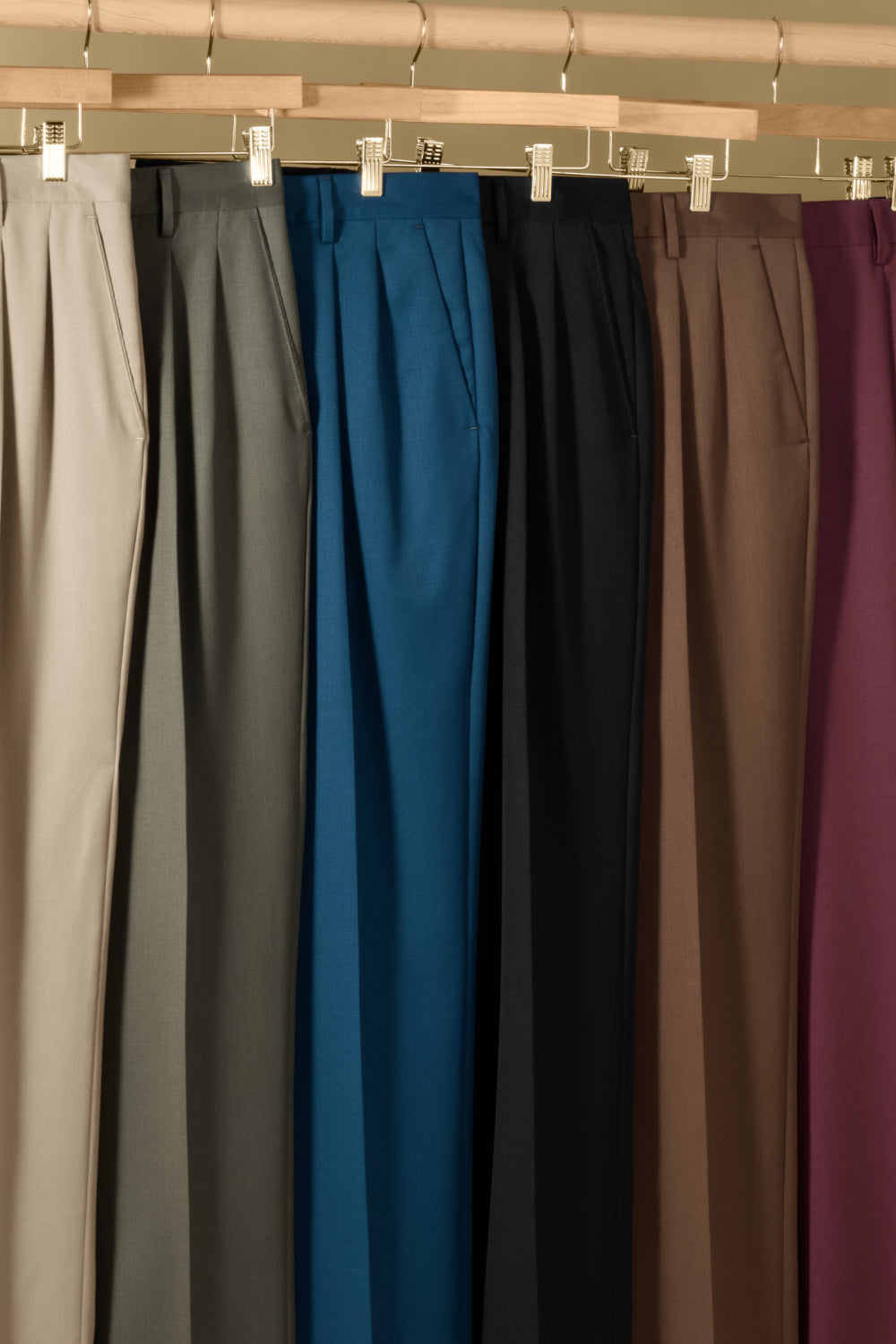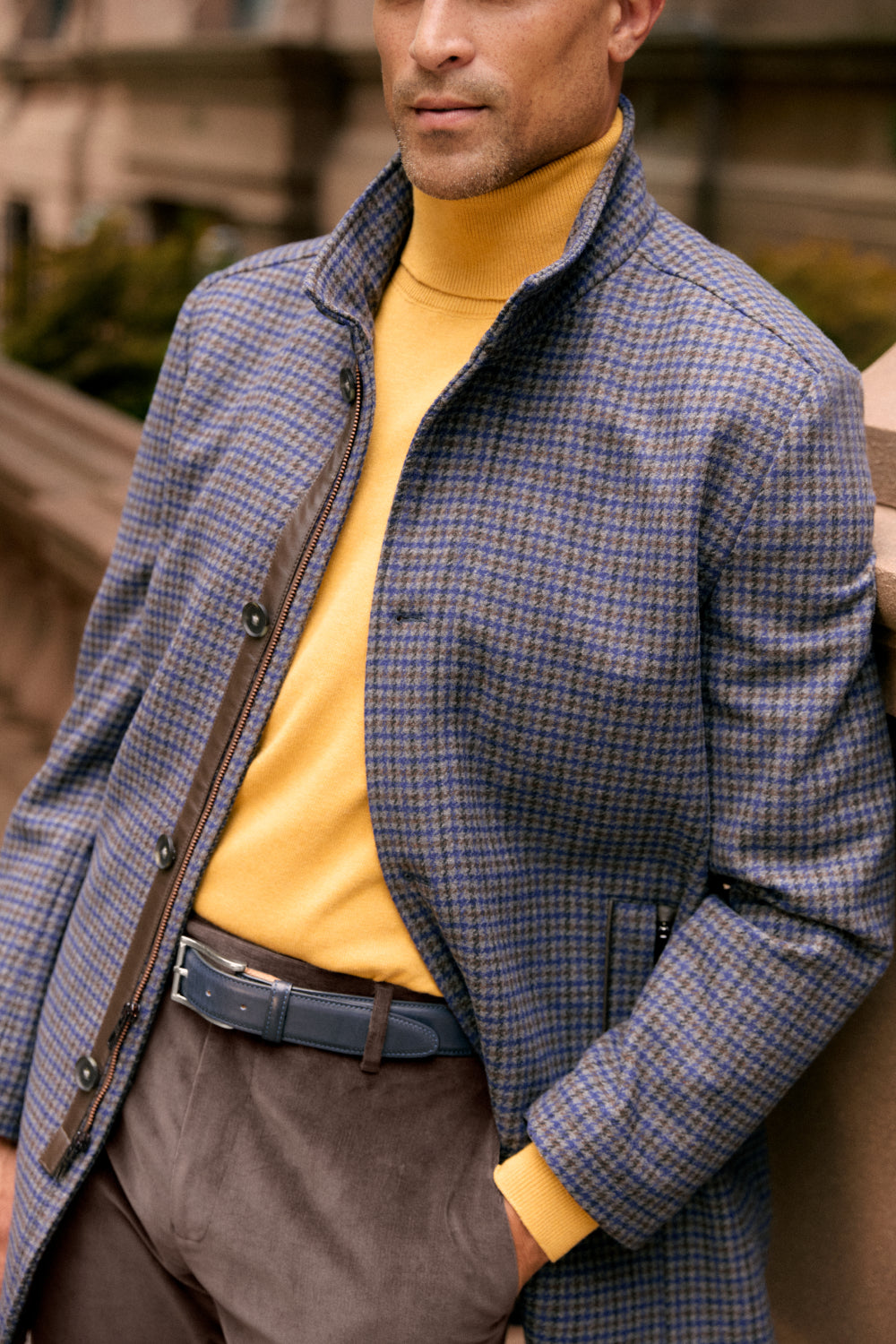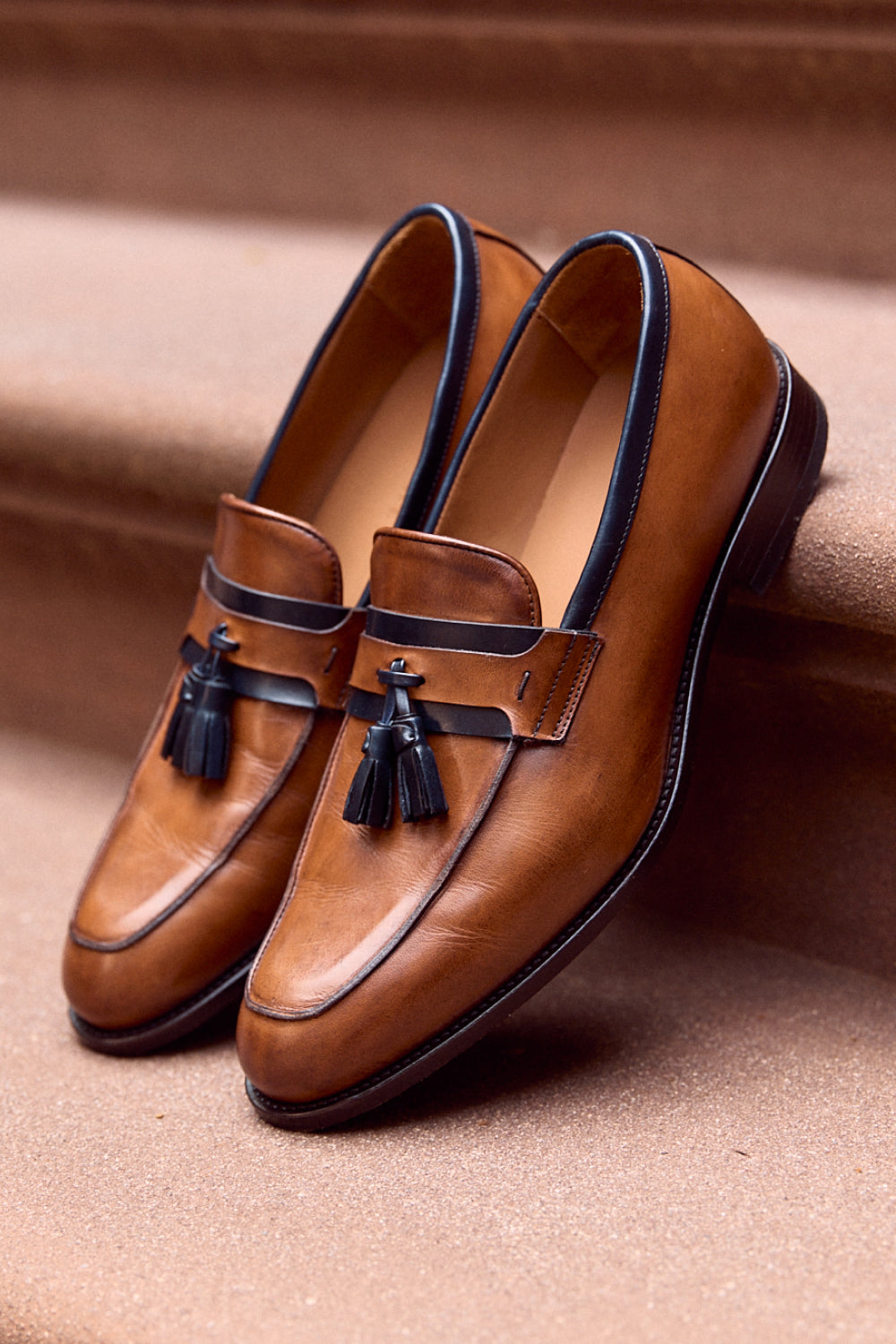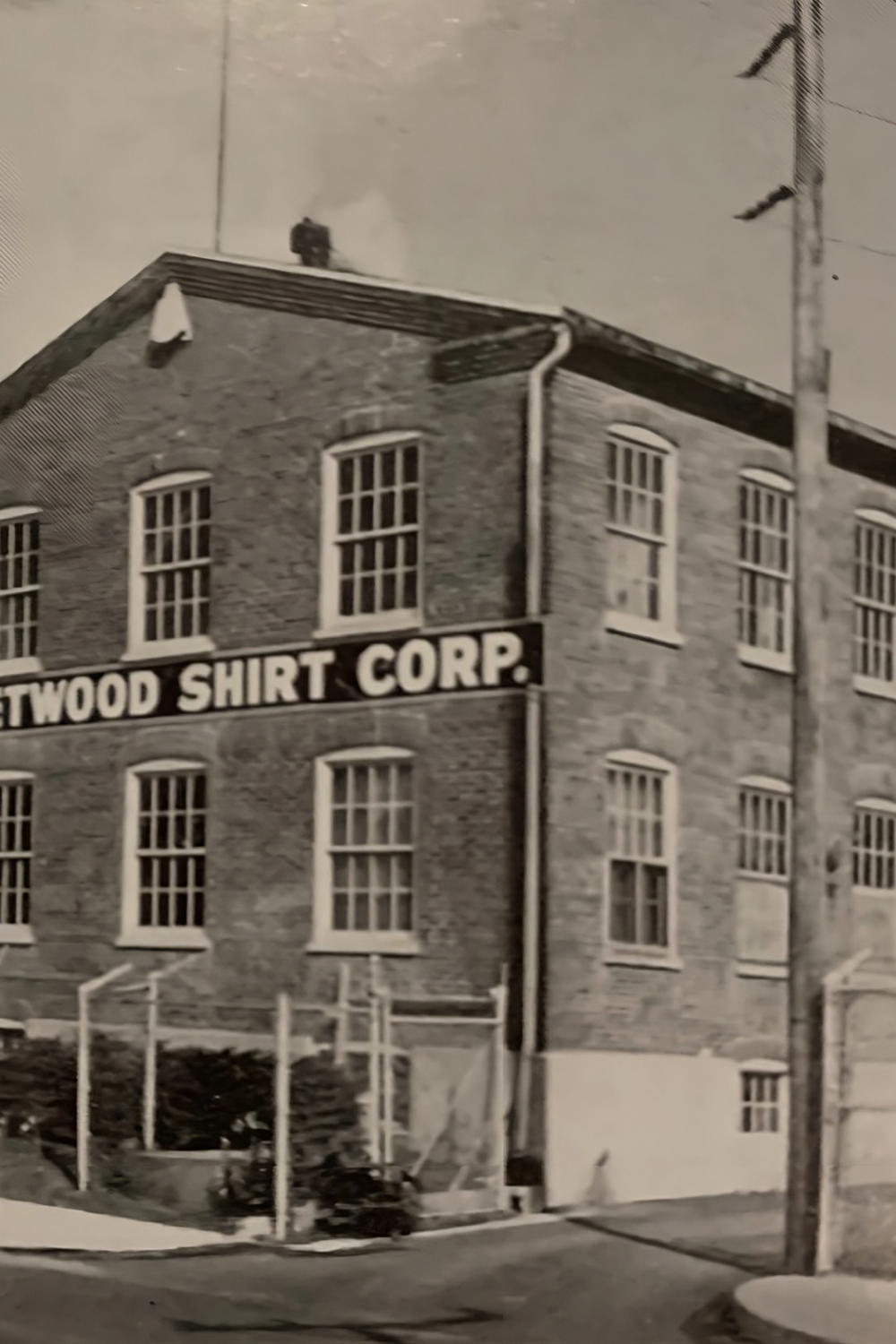What Men Should Wear to Nail A Job Interview
The best style connoisseurs know that when a man is truly well dressed, you won't remember what he was wearing – only that he looked great.
And nowhere is this statement truer than for those men dressing for a job interview. When being considered for a position, you’ll want to be remembered for your overall appearance, not for making a statement ("Oh yeah, the guy in the tie with pink flamingos"). That kind of thing can work wonders at a cocktail party, but not so much when it comes to advancing your career.
Since many workplaces have gone more casual, dressing for a job interview is trickier than ever. Which means you need to rely even more on your own solid judgment. That said, here are some basic guidelines and pitfalls to avoid. Each helps you make a great impression with your appearance – creating an ensemble where your brains, enthusiasm, and qualifications can best shine through.
Business Professional — Suits and Ties
It used to be that these two were the inseparable foundation in the default interview uniform. But today it's possible to wear one without the other – or neither – so let's break it down. We'll start with the suit.
Choosing a Color
If you've decided that a suit would be the best bet, follow the time-tested principle of wearing either solid navy or gray. It’s not as flashy, but it's not supposed to be. Those are the standard suit colors throughout the civilized world. Navy blazers (the kind with brass buttons) also exemplify classic good taste.
Black jacket and pants may be appropriate for more traditional industries, like finance and law, or if you are interviewing for a high-level position. If you’re a young professional, the black suit tends to look like it was the only option in your limited business wardrobe… so stick to a smart suit in one of the colors mentioned above.
Jacket and Tie
If the current standard in your industry is that men often wear suits but no tie, you'll want to play it safe and wear one. Your interviewer may find it a bit cautious of you. But that means you’ll earn points for taking the meeting seriously. If your suit and tie stuck out like a sore thumb, feel free to lose the tie when you go in for round two.
In some creative industries, it may feel correct to wear a shirt and tie but no jacket, and only you can decide that. But in all cases in which you opt for a tie, keep it simple and discreet. Obviously, no party motifs like little martini glasses, no eye-popping abstract expressionistic patterns, no club ties showing off your fraternal affiliations, etc.
Shoes and Accessories
Unless you are interviewing for a creative position, we say skip the pocket square and attention-grabbing socks. In a professional setting, accessories should be minimal at best. And dress shoes are ALWAYS a must for men interviewing, whether the tone is casual, professional or somewhere in between!
Business Casual — Plus A Tailored Jacket
For job interviews with a business casual setting, the ideal ensemble is still to arrive overdressed. That means a solid or subtlety patterned dress shirt with dress pants is an ideal look. But we’ll cut you a break – you can skip the suit jacket.
If the company has an extremely casual dress code (think: khakis and polo shirts are the norm), by all means, blend right in. But toss on a sport coat to send a positive message that you've put in some effort to make a good impression.
If you’re confident that jeans would not be out of place for your interview, be sure they are dark wash with no rips or holes. We suggest wearing a smart-looking dress shirt or nice sweater, if it’s sweater weather. As always, finish your interview ensemble with a pair of dress shoes.
Other Considerations for Men Dressing for an Interview
Go Easy on the Accessories
A fancy watch isn't going to score you any points, but it can definitely cost them, so skip it. What do we mean by fancy? Well, anything conspicuously large, or recognizable as a status symbol. Any timepiece is a distraction, save for a small, simple dress watch on a leather band.
Other jewelry such as class rings and tie bars should be avoided. And if you're wearing a French-cuffed shirt, then cufflinks should be as understated as possible. Choose something simple in silver or a solid navy silk knot.
Finally, a sound advice that should always be your guide: Never underestimate the importance of a good shoe. While a fancy watch is a needless distraction, a high-quality shoe will send a message of good judgment and high standards – two things that any company would be more than happy to bring on board.
Forgo the Cologne
Another thing to skip in the morning is your usual splash of cologne. As an old advice column on interviewing once put it, the ideal man for the job has no scent. This isn’t a date; there’s no need to leave that kind of a lasting impression!
The Importance of Fit
Whatever you wear, remember that the quality of your clothing is less important than how it fits and looks when pulled together.
No one can fault you for a modest income or inexperience, especially in your twenties. But whatever you're wearing should demonstrate your competence in looking neat and presentable. This is especially important if you’re interviewing for a client-facing position!
Demonstrate that you have the ability to select clothing that fits your physique. Because even the most expensive suit in the world won't make you look good if it's the wrong size.
